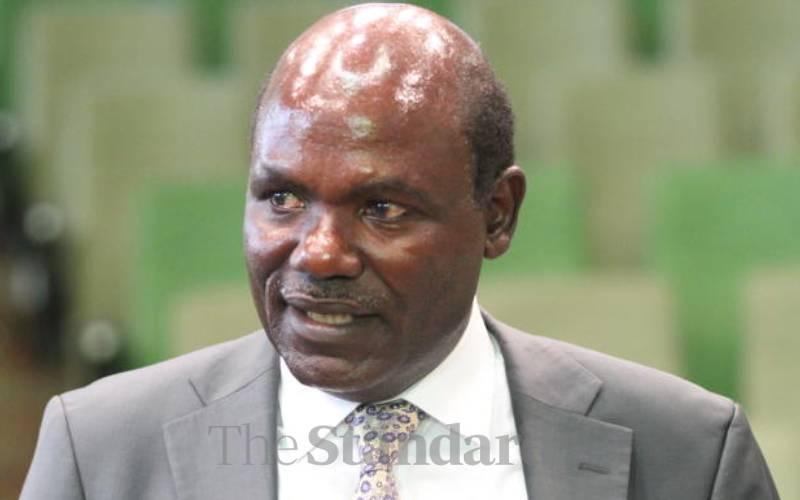×
The Standard e-Paper
Kenya’s Boldest Voice

The Independent Electoral Boundaries Commission (IEBC) recently embarked on an ambitious voter registration exercise, aiming to register six million new voters.
This was as a response to the January registration campaign, which performed dismally. IEBC must reflect on why young people are not inspired to register to vote. I did a light-hearted unscientific experiment among young people on my Instagram, the findings were informative and disturbing too.